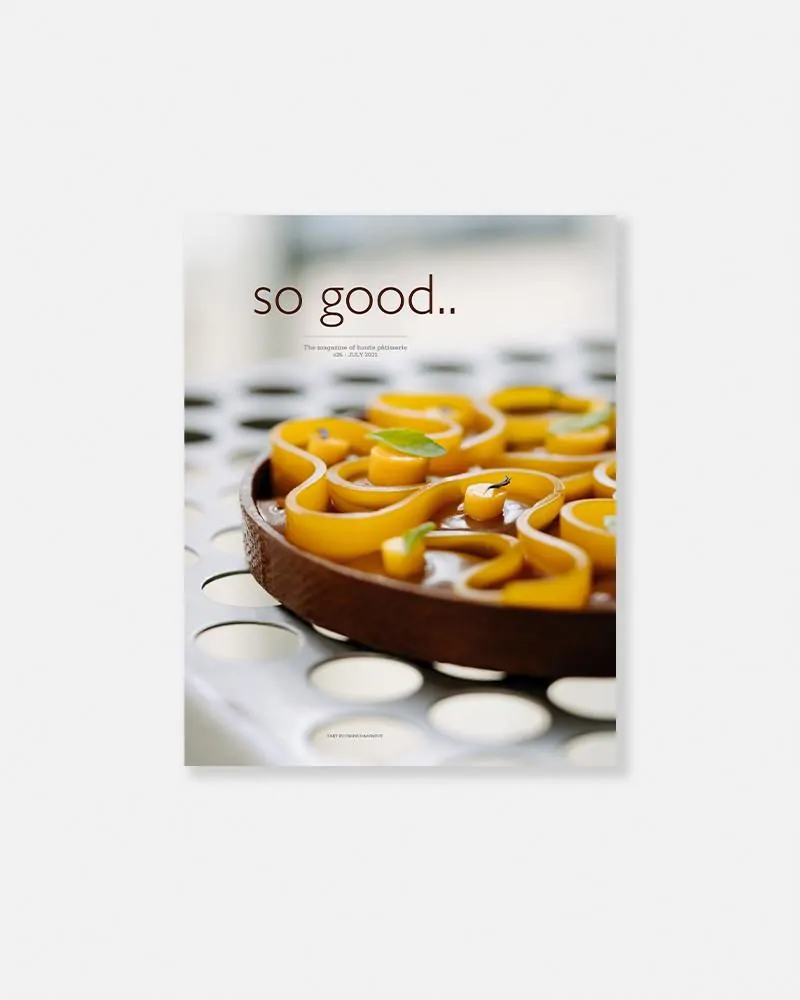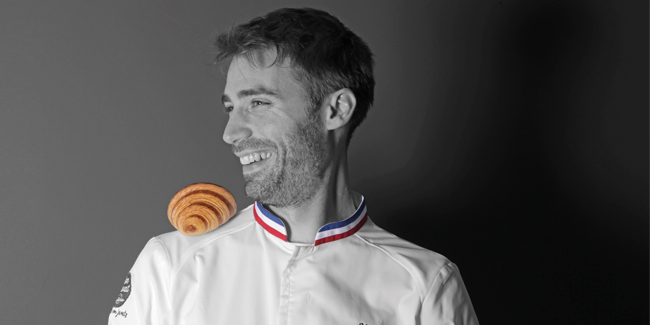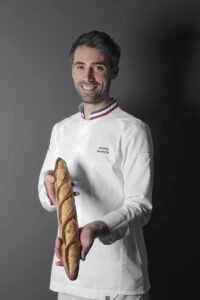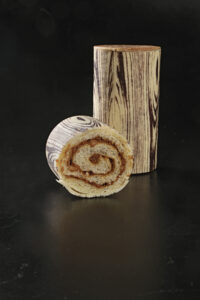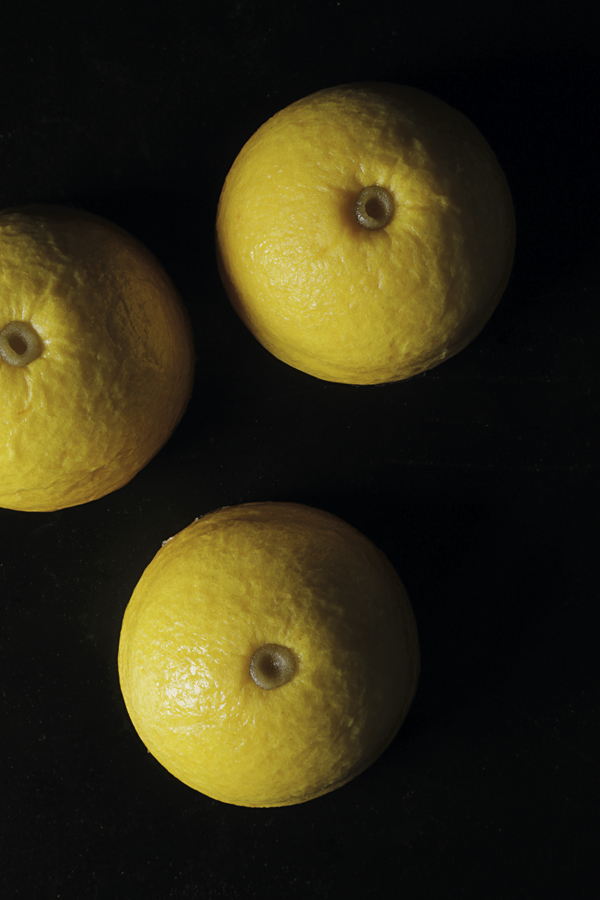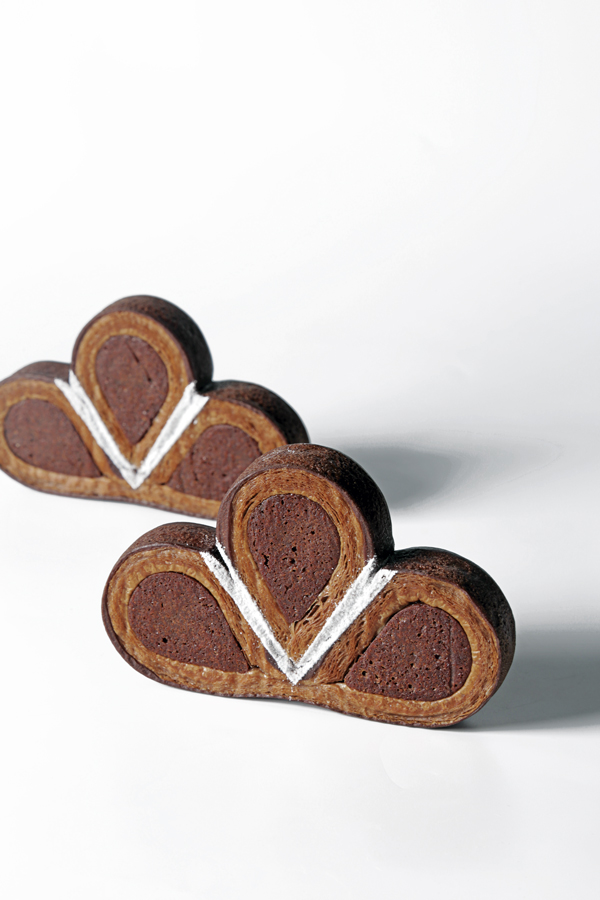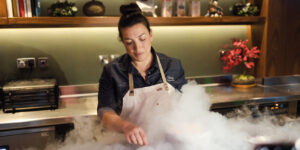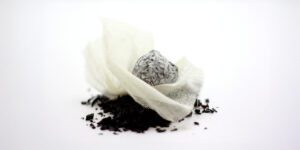Categories Pastry Chef Articles
Matthieu Atzenhoffer: ‘Competitions have allowed me to be much more effective.’
Matthieu Atzenhoffer MOF Pastry Chefs Pastry Interviews so good #26
Author:
Fernando Toda
TAGS #
Matthieu Atzenhoffer MOF Pastry Chefs Pastry Interviews so good #26
There is much to be learned from France, from the way in which the craftsmanship is prestigious there, how well professional training is promoted and how the products that identify the craftsman are protected. And there is no doubt that the baguette and croissant, as well as the so-called creative viennoiserie, stand out among the products that define the craft of the artisan baker. Matthieu Atzenhoffer, a French master baker based in Barcelona, knows this well, with a great professional projection and one of only two aspirants who obtained the title of MOF (Meilleur Ouvrier de France) boulangier in 2019. Atzenhoffer appears in so good #26 and tells us about the level of demand and sacrifice required to reach the top and become an ambassador of savoir faire.
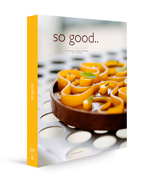
How did you get into the bakery world?
I had always been attracted to the world of bread and pastries, having grown up in a home where bread and brioches used to be baked. Anyway, I started studying business on the advice of my family. After a first degree in accounting and management, I was supposed to enroll in a university to continue my studies, but I was late with my registration and was told I had to wait until the following year. Thinking about what to do during that time, I decided that I had to get the bug to try and learn patisserie, viennoiserie and baking.
All three disciplines equally?
I have to say that, because of its artistic and creative side, patisserie was the trade that interested me the most at first. It was the school I attended that advised me to start with bakery, which already included viennoiserie. And then I could complete it with patisserie. It didn’t seem like a bad idea and I ended up being fascinated by the world of bread and sourdoughs. In fact, to learn more about them, I wanted my first experience as an apprentice to be in a good bakery in Paris, with Franck Debieu. It should be noted that in France, apprenticeship training has two levels. After the first apprenticeship (CAP) comes a second, the BP, which is more specialized and takes two years. While I was doing it, I also took the opportunity to obtain the patisserie CAP degree. These are necessary qualifications in France to be able to work in this trade.
I already had the desire to test myself. Besides, I love creativity and competitions allow to push it. It is like going out for a run: if you go out with the intention of competing, you run more than if you go out just to run.
When did you get the competition bug? What were you looking for?
I already had the desire to test myself. Besides, I love creativity and competitions allow to push it. It is like going out for a run: if you go out with the intention of competing, you run more than if you go out just to run. It wasn’t so much to prove something to anyone, but to myself. It was precisely Roland Herzog, who is also one of the founding members of the Ambassadeurs du Pain collective, who encouraged me to participate in the French selection for the Mondial du Pain and helped me with the preparation. He even gave me a place in his workshop. In my free time, I trained nonstop and eventually I was selected.
How demanding is the preparation for the Mondial?
You have to be aware that you are going to sacrifice all your free time. My preparation for the Mondial 2015 was also quite complicated. At that time I moved to Spain and started working for Europastry. I only had weekends to train and I had to do it in Toulouse, where I had my coach. Every Friday I had to pack my bags and travel. I came back exhausted on Sunday to continue working on Monday. And so it went on for eight months, without a break. On top of that, the training space had many limitations. It was a great challenge to prepare without a stainless steel surface, with an old oven, with fermenters that were not connected to water… The lack of material, space and resources forced me to adapt and in the long run that has been particularly good for me as a professional. When we got to the finals we were amazed with the conditions in which we had to work, much better. We won second place and the prize for the best viennoiserie.
Competing gives you a great opportunity to do research, to try new methods. Competitions have allowed me to be much more efficient in my day-to- day work.
Then come the Best of Mondial du Pain and the MOF.
Yes, the first one was an idea that came up so that the top six finishers of the Mondial could compete against each other in Taiwan. I participated because I felt it would be a good way to also prepare for the MOF, which was my main goal. I came second again, and this time I prepared alone. It helped a lot to be able to do it in the facilities of the firm Bon Llevat, in Barcelona.
What are the keys to success in such demanding competitions?
A common mistake, for example, is to prepare in conditions that are too good. And you need to have someone to help you focus on the path. Another key is organization, and making the most of your time. I also learned to take note of every detail as I went through the tests so as not to repeat mistakes. In each training session I asked myself how to gain some time. Competing gives you a great opportunity to do research, to try new methods. Competitions have allowed me to be much more efficient in my day-to- day work.
It is interesting to see how many people today leave jobs with social and economic recognition, for example marketing directors or mathematicians, to open pastry shops and bakeries.
Why is the MOF so important?
The MOF revalues the crafts, it shows you that you can also go very far with them, it shows you how far you can improve yourself. It is interesting to see how many people today leave jobs with social and economic recognition, for example marketing directors or mathematicians, to open pastry shops and bakeries. This is because they have been able to transmit the added value that these professions have, with a creativity that gives a lot of life and a recognition that is different and at the same time very rewarding.
